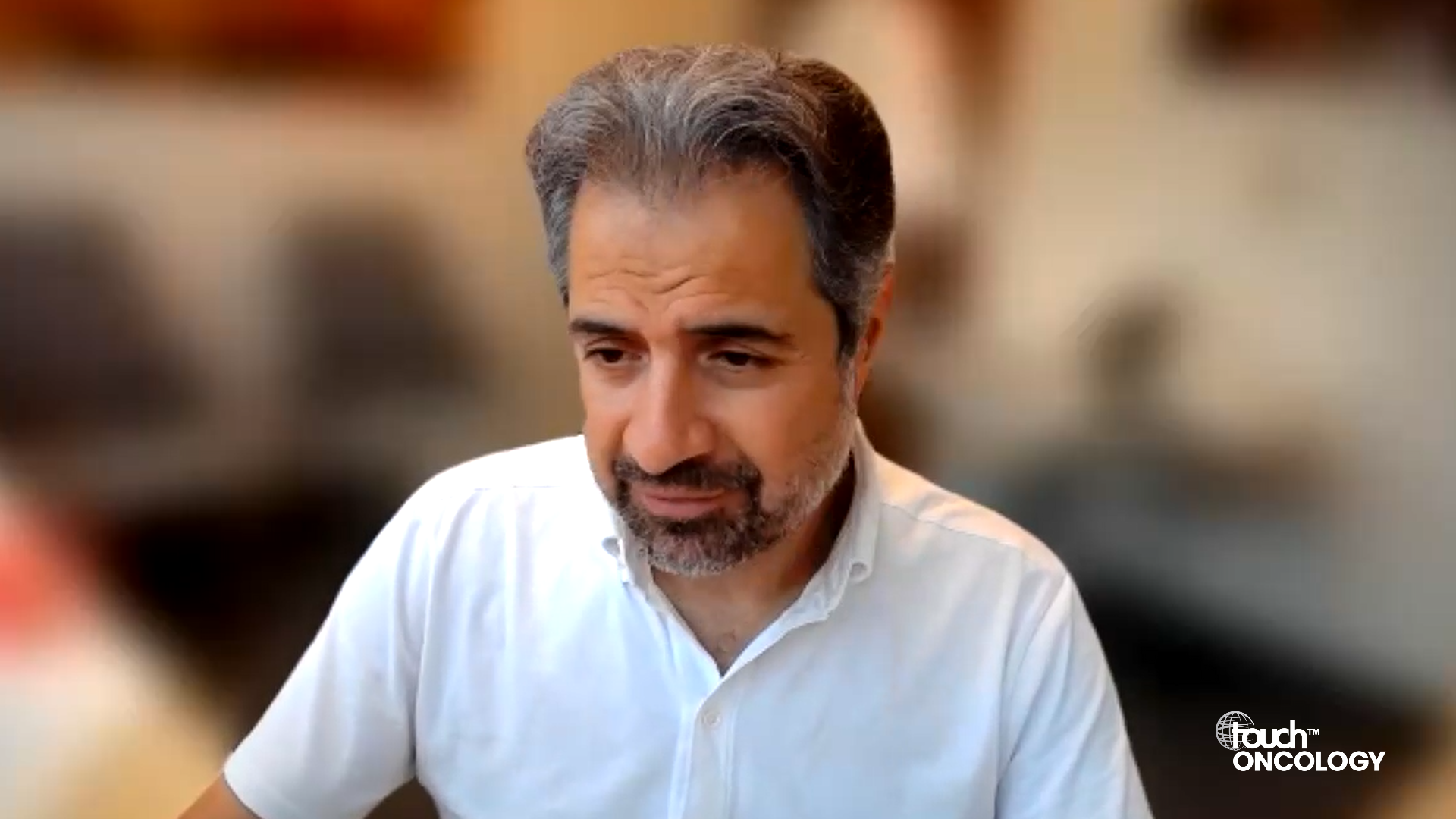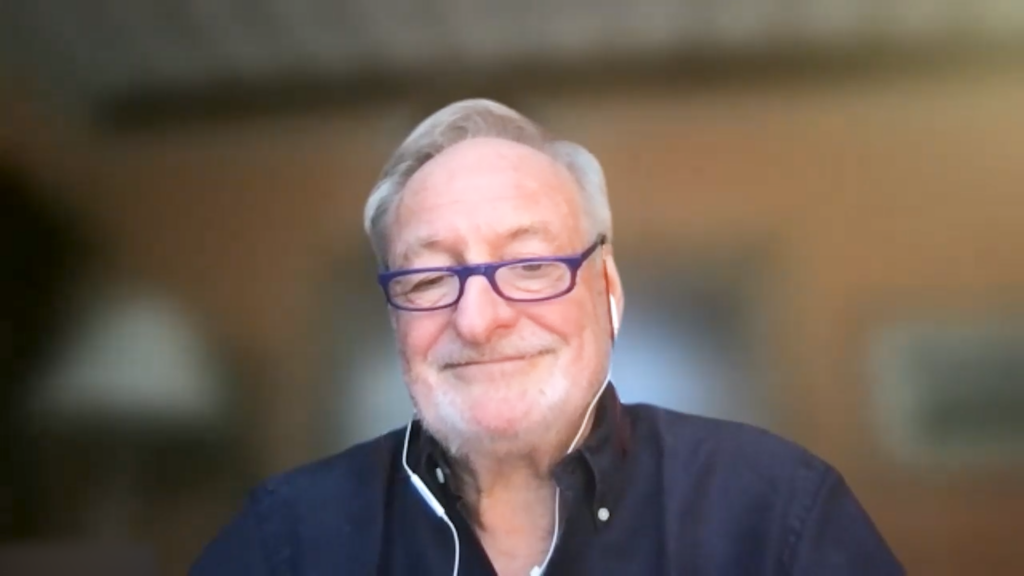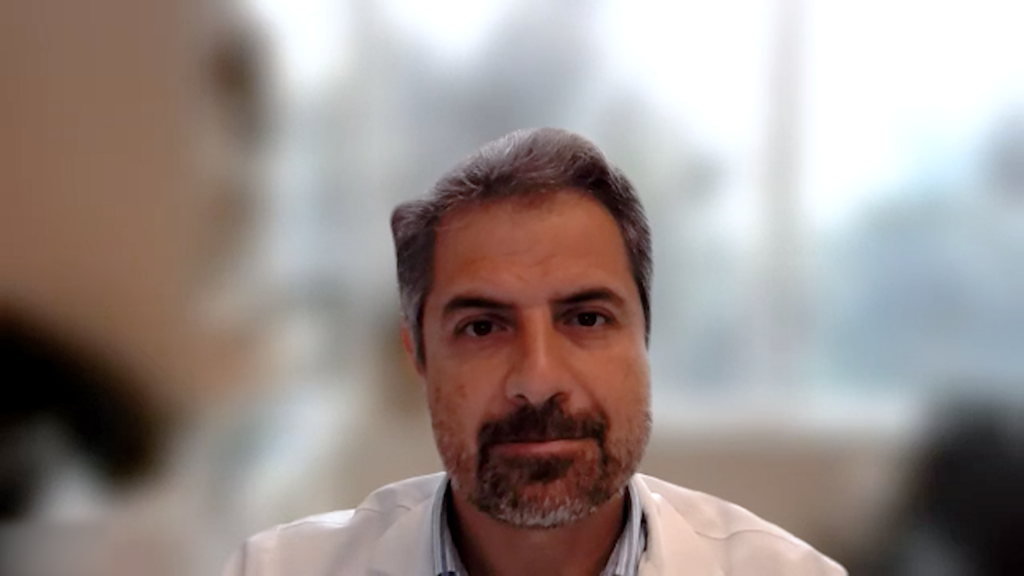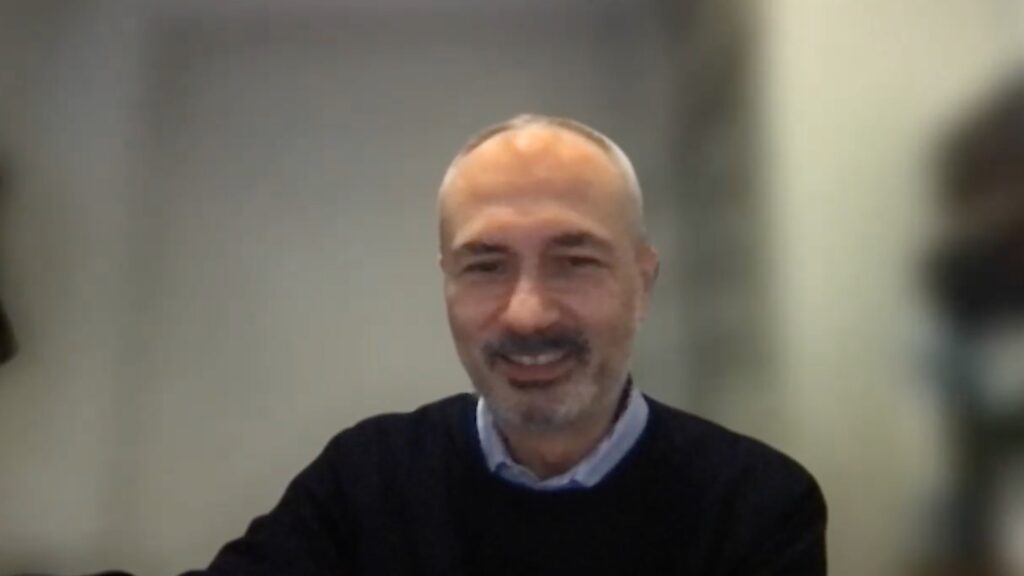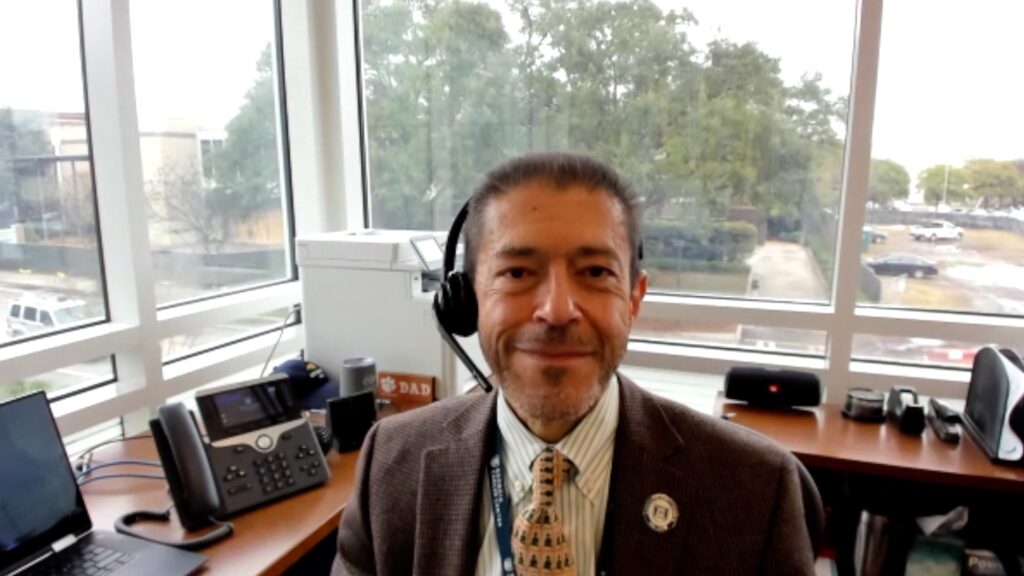The ASC4OPT study aims to potentially optimize dosing levels of asciminib in patients with chronic myeloid leukaemia in the chronic phase that have previously been treated with 2 lines of tyrosine kinase inhibitors. In this touchONCOLOGY interview, we speak with Professor Massimo Breccia (University of Rome, Rome, Italy) to discuss the ASCEMBL findings, what we learnt and the purpose of the ASC4OPT study.
The abstract entitled ‘ASC4OPT: A Phase 3b Open-Label Optimization Study of Oral Asciminib in Chronic Myelogenous Leukemia in Chronic Phase Previously Treated with 2 or More Tyrosine Kinase Inhibitors’ (Abstract #4334) was presented at ASH Annual Meeting, 10–13, December, 2022.
Questions:
- What did the ASCEMBL trial teach us about the efficacy and safety of asciminib in patients with Philadelphia chromosome–positive (Ph+) CML? (0:21)
- What were the aims and methodology of the ASC4OPT study? (1:41)
- What are the primary and secondary endpoints of the study, and when will data be available? (3:03)
Disclosures: Massimo Breccia has nothing to disclose in relation to this video interview.
Support: Interview and filming supported by Touch Medical Media. Interview conducted by Danielle Crosby.
Filmed as a highlight of ASH 2022
Access more content on Haematological Malignancies and Leukaemia


